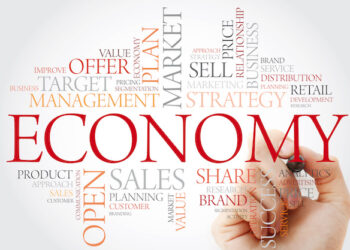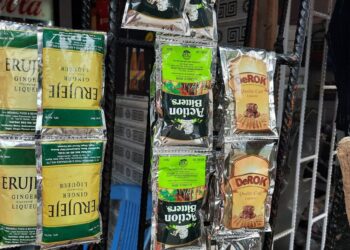The price of Liquefied Petroleum Gas (LPG), commonly known as cooking gas, has seen a significant increase of 114% in the last 16 months, jumping from N700 per kilogram in June 2023 to N1,500 per kilogram in October 2024. This sharp rise in price coincides with the devaluation of the naira, which has left the exchange rate fluctuating at around N1,700 to a dollar, up from N700 in May 2023.
Industry experts attribute the hike in cooking gas prices to Nigeria’s reliance on imports for over 60% of its domestic LPG consumption. The Managing Director of NIPCO Plc, Suresh Kumar, highlighted the insufficient local production of LPG during the 2024 National Conference of the Nigerian Association of Liquefied Petroleum Gas Marketers (NALPGM). He urged the government to encourage Chevron and other producers to convert more propane into butane, which is more suited for domestic use.
The National Bureau of Statistics (NBS) reported that the average cost to refill a 5kg cylinder of cooking gas rose from N6,430 in August 2024 to N6,699 in September 2024, a 4.19% increase. This is a 59.90% increase compared to the same period in 2023. The highest prices were recorded in Rivers State, with an average of N7,285 per 5kg cylinder, while Kebbi State had the lowest at N5,950.
Similarly, the cost of refilling a 12.5kg cylinder also increased by 4.89%, from N15,552 in August 2024 to N16,313 in September 2024, marking a 76.41% rise compared to the previous year.
The rising cost of cooking gas, exacerbated by the removal of fuel subsidies and the floating naira, has pushed many Nigerians to resort to using firewood and charcoal for cooking. Experts have raised concerns that this trend could undermine Nigeria’s efforts to promote clean cooking and reduce deforestation.
As Nigeria grapples with increasing energy costs, the International Energy Agency (IEA) warns that the lack of access to clean cooking solutions continues to disproportionately affect women and children. An estimated 500,000 African women die prematurely each year from illnesses related to cooking with firewood, charcoal, and unsafe stoves, underscoring the urgent need for cleaner energy alternatives.
The Nigerian government and industry stakeholders continue to emphasize the need for investment and strategies to achieve widespread access to clean cooking by 2030. However, the continued rise in LPG prices threatens to push more citizens towards traditional and less safe cooking methods, with far-reaching environmental and health consequences.











